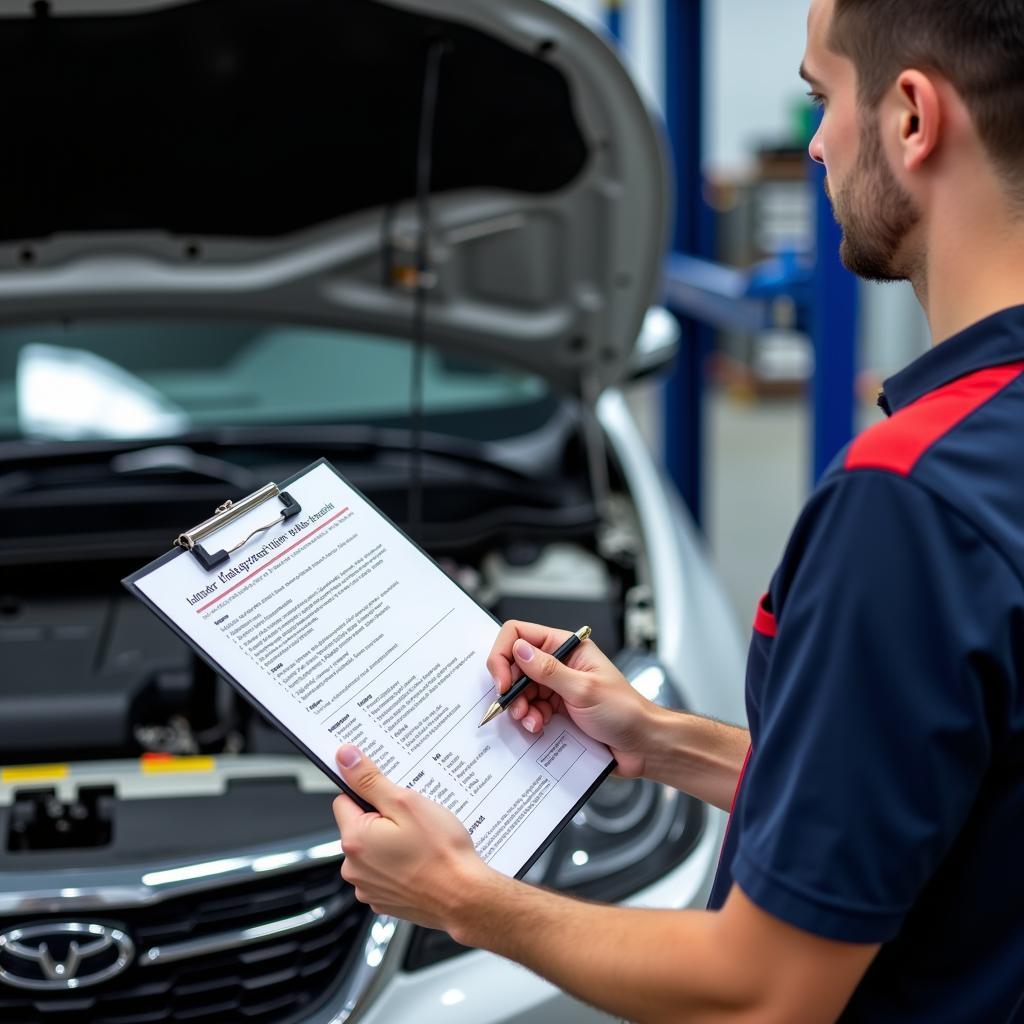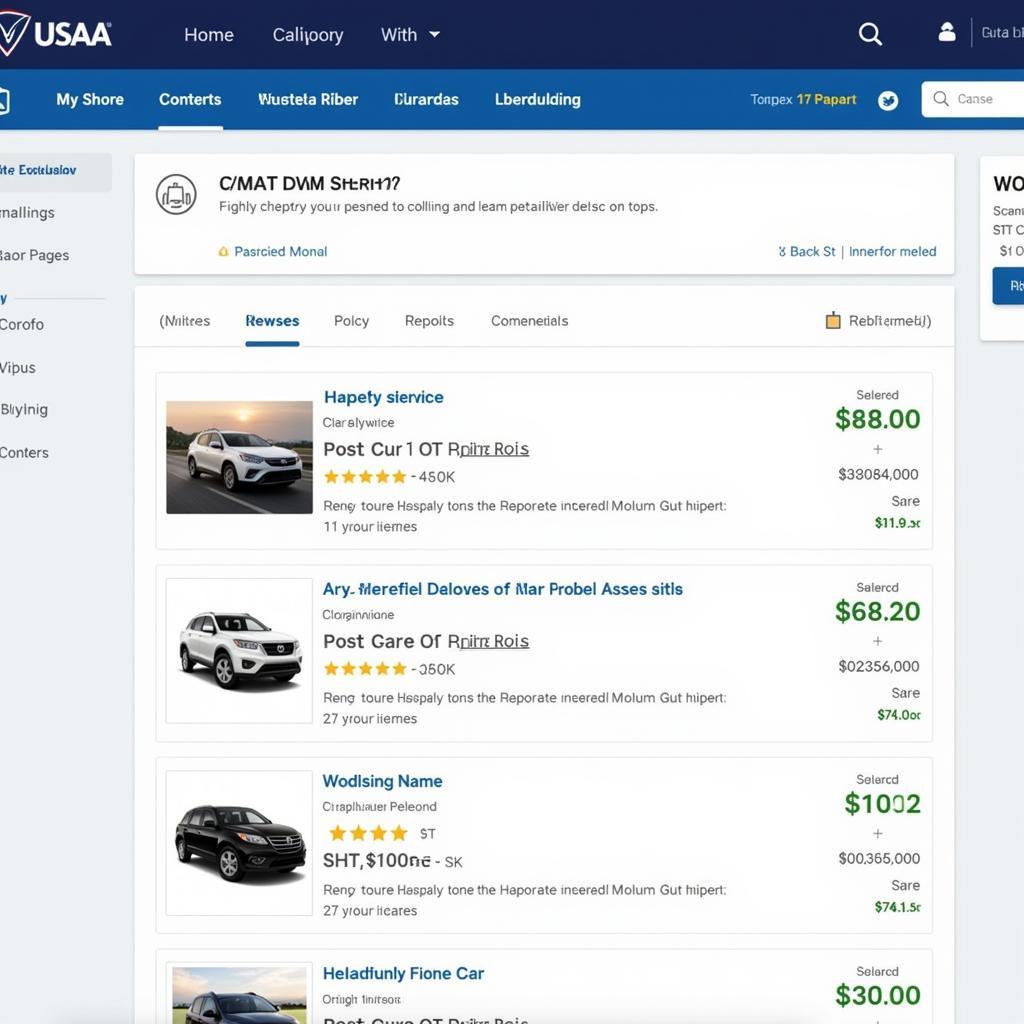Where to Get Car Service Done: Your Ultimate Guide
Choosing the right place to get your car service done can be a daunting task. With so many options available—from dealerships to independent mechanics—it’s tough to know who to trust with your vehicle’s health and your wallet’s well-being.
This comprehensive guide will walk you through the different car service options, their pros and cons, and key factors to consider when making your decision. We’ll equip you with the knowledge and confidence to choose the best “car doctor” for your needs.
Types of Car Service Providers
Understanding the different types of car service providers is crucial in making an informed choice. Here’s a breakdown of the most common options:
1. Dealerships
Dealerships are authorized to sell and service specific car brands. They offer new car warranties and have access to specialized tools, parts, and technicians trained by the manufacturer.
Pros:
- Specialized expertise for your car make and model
- Access to genuine parts
- Warranty coverage for new vehicles
Cons:
- Often more expensive than independent shops
- Can be less flexible with scheduling
- May prioritize selling services over providing essential repairs
2. Independent Mechanics
Independent mechanics are not affiliated with any specific car brand. They offer a wider range of services and may have more flexibility in sourcing parts, potentially saving you money.
Pros:
- Typically more affordable than dealerships
- Personalized service and potentially stronger customer relationships
- More likely to offer a wider range of service options
Cons:
- Expertise may vary depending on the mechanic’s experience
- May not have access to specialized tools for certain brands
- Warranty coverage might be limited
3. Franchise Auto Repair Shops
Franchise auto repair shops, such as Midas or Jiffy Lube, offer standardized services across their locations. They often specialize in routine maintenance like oil changes and tire rotations.
Pros:
- Convenient locations and often extended hours
- Standardized pricing and services across locations
- Usually quicker turnaround times for routine maintenance
Cons:
- May not offer comprehensive diagnostic or repair services
- Quality of service can vary between franchises and individual locations
- Upselling of additional services can be common
 Busy franchise auto repair shop
Busy franchise auto repair shop
4. Mobile Mechanics
Mobile mechanics bring the car service directly to you, whether it’s your home or office. They offer convenience and flexibility for busy individuals.
Pros:
- Convenient and time-saving
- Often offer competitive pricing
- Suitable for minor repairs and maintenance tasks
Cons:
- Limited range of services due to equipment constraints
- May not be equipped for complex diagnostics or repairs
- Finding a trustworthy and reliable mobile mechanic can be challenging
Factors to Consider When Choosing a Car Service Provider
Now that you understand the different types of car service providers, let’s explore the essential factors to consider before making your decision:
- Reputation: Look for online reviews, testimonials, and ask for recommendations from friends and family.
- Experience: Choose a provider with a proven track record servicing your car make and model.
- Location and Convenience: Consider proximity to your home or work, as well as their operating hours.
- Cost and Transparency: Get quotes from multiple providers and compare prices. Ensure they are upfront about potential additional costs.
- Communication: Choose a provider who explains the repairs clearly, answers your questions patiently, and keeps you informed throughout the process.
“Choosing a car service provider is like choosing a doctor for your car,” says John Smith, a veteran mechanic with 20 years of experience. “You want someone knowledgeable, trustworthy, and who communicates clearly with you.”
What Gets Done in a Car Service?
A car service can range from basic maintenance to extensive repairs. What gets done in a car service UK typically includes:
- Oil and filter change: Essential for engine lubrication and performance.
- Tire rotation and pressure check: Ensures even tire wear and optimal fuel efficiency.
- Brake inspection and service: Crucial for safe driving and stopping power.
- Fluid top-ups: Maintaining correct levels for brake fluid, coolant, power steering fluid, and more.
- Battery check: Ensures the battery is charged and functioning correctly.
- Visual inspection: Checking for any signs of wear and tear, leaks, or damage.
 Car service checklist on clipboard
Car service checklist on clipboard
Depending on your car’s age, mileage, and service history, you might require additional services like:
- Spark plug replacement: For optimal engine combustion and fuel efficiency.
- Air filter replacement: Ensures clean air intake for engine performance.
- Timing belt/chain inspection: A critical component that needs regular checks and potential replacement.
- Transmission service: Maintaining smooth gear shifting and preventing costly transmission failures.
- Coolant flush: Prevents engine overheating and corrosion.
“Regular car service is not just about fixing what’s broken,” advises John Smith. “It’s about preventative maintenance that keeps your car running smoothly and avoids major issues down the line.”
Conclusion
Choosing the right place to get your car service done is a decision that directly impacts your car’s performance, longevity, and your safety. By understanding the different service providers, considering the key factors, and prioritizing open communication, you can make informed choices that give you peace of mind. Remember, a well-maintained car is a safe and reliable car.

